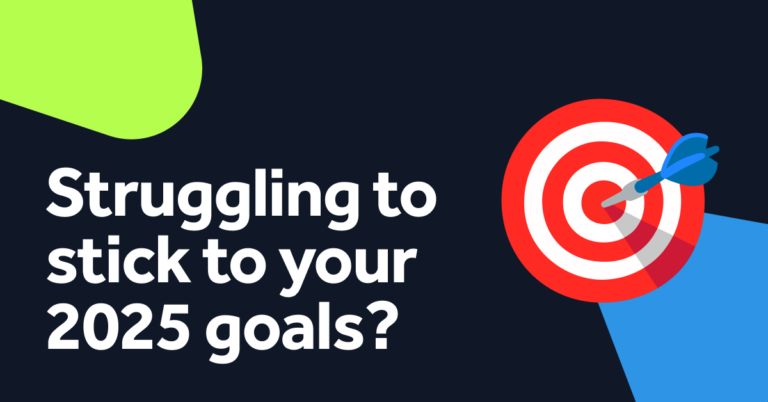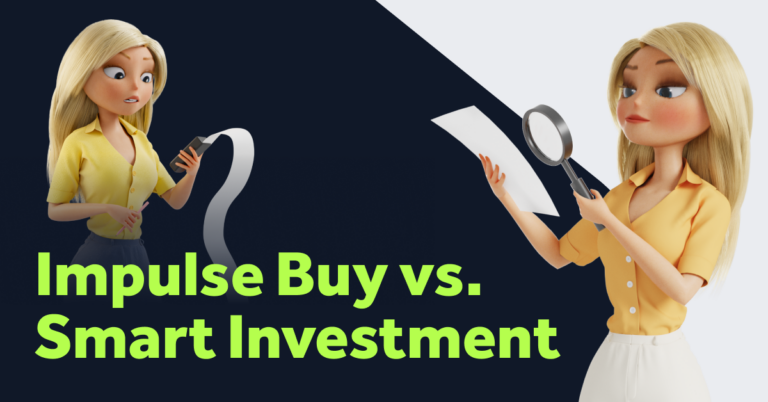Did you know most CEOs read one book per week? This doesn’t necessarily mean they are all incredible investors, but they are aware of the power of frequent reading and learning (and what it takes to lead a company).
For the first time in history, we are living in an age where everyone has access to all of the books in the world (or a lot of them!) and can download them in an instant without the need for physical copies. Not too long ago, this was a pipedream for most bookworms. Along with the self-improvement you can achieve through non-fictional “how to” books, you’re able to gain an insight into some of the world’s greatest minds, boost your creativity and learn from other people’s mistakes.
Investing is not a complicated topic. You use your money to make more money. When you invest, you earn compound interest (earning interest on the interest you have already received). This has an undeniable influence on the level of your future wealth and financial independence. How you compound this interest, or in other words, what you invest in, is usually this largest knowledge barrier for novice investors.
At the height of the peak of the 2017 Cryptocurrency bubble, CNBC reported the rise in people taking out mortgages to buy Bitcoin. Ouch!

Source: Coindesk
Fortunately, speculating is not the same as investing. Below, we’ve created a list of 3 books we believe every investor should add to their reading list.
1. The Richest Man in Babylon – George S. Clason
George S. Clason’s “The richest man in Babylon” began as a series of pamphlets describing a series of parables set in the ancient city of Babylon. The story begins with Arkad, a poor tradesman from a large family with no hope of becoming wealthy. He later becomes the richest man in Babylon after seeking advice from a money lender named Algamish. Here are the seven lessons published in the book:
i) “Start thy purse to fattening.”
No matter how much you earn, you should always pay yourself first. Most of the time, we pay our bills and any other related expenditure, then if we have anything over at the end of the month, it goes into the piggy bank. By paying yourself first at least 10% of your net salary, you are psychologically prioritizing your savings and investments. Without doing this, you won’t be able to “Make thy gold multiply.”
ii) “Control thy expenditures.”
Budget! Open an excel sheet, list your total net income and your committed vs. non-committed expenditure. If your non-committed expenditure list outweighs the committed, this is good news because it means you have more room to make cutbacks. For example, having a €1,000 per month mortgage compared to €1,000 of different subscriptions. Control your expenditure to avoid making emotional purchases.
iii) “Make thy gold multiply.”
Earlier in this article, we touched on compound interest. Making your money work for you will maximize your absolute return over time. If you’re unsure of how to invest, read The 3 best ways to invest in 2018.
iv) “Guard thy treasures from loss.”
Investing vs. speculating. Look for reliable investments with reasonable liquidity that match your overall goals – if you are unsure, you should always seek the advice of a financial advisor.
v) “Make of thy dwelling a profitable investment.”
Clason affirms the importance of owning your own home. However, this is debatable. Many would argue owning your home is not an investment – it’s a liability. Your home is not an income generating asset. You have to pay for repairs, mortgage fees and a hefty deposit that could be invested elsewhere. On the other hand, rent prices could be expensive dependent on where you live in the world.
vi) “Insure a future income.”
Retirement income. Many neglect saving for retirement since, naturally, it seems such a long way away. This mindset can result in you having to drastically reduce your quality of life in retirement, such as downsizing and no longer being able to pay for the things you enjoy. By investing in income generating assets, you can prepare for the future and live comfortably when you retire.
vii) “Increase thy ability to earn.”
Invest in yourself via learning and development, whether this is self-taught or formal education. If you increase your skill set and knowledge base, you increase your ability to earn via multiple streams of income.
2. Trading in the Zone: Master the Market with Confidence, Discipline, and a Winning Attitude – Mark Douglas
A book highly recommended for traders, but extremely useful for anyone who considers themselves (or wants to become) an investor in any asset class. Emotion-based decisions are arguably the most toxic element that damages an investors hopes of achieving a consistent and respectable net return. Often, the lure of 1000x returns leads us to make ill-informed investment choices with the hopes of getting rich, and quick. If you’re still under the illusion that something can never go to 0, check out this article by MarketWatch.
The best traders have spent years preparing themselves mentally to be able to trade with confidence and discipline, despite the fear of losing money. It’s mentally challenging to invest your hard earned money in a stock that, in a recent timeframe, has only decreased in value (buy low, sell high…). Similarly, it’s even harder to sell your stock when it’s soaring because you want to follow the yellow brick road to perceived financial freedom. This book explores these challenges and helps you understand how to develop the successful mentality needed for trading.
A common saying in trading is to “Cut your losers quickly and let your winners run.” The greatest traders will execute their pre-determined plan without hesitation, accepting the risk and managing it appropriately. Part of this is taking full responsibility for the outcome and not blaming the market for turning in a way that doesn’t favor your wallet. All of the lessons in this book can be applied to any form of investing, with central principles of managing risk, expecting volatility, having a plan prepared in advance and not letting emotions make the decisions for you.
3. Rich Dad Poor Dad – Robert Kiyosaki
Robert Kiyosaki tells the story of his two dads – his poor dad (his birth father) and his rich dad (the father of his best friend). He saw two different perspectives on how to become wealthy and specifically making your money work for you instead of becoming a slave to a monthly income.
Kiyosaki preaches investing in income-generating assets which will make you more money and work for you for the remainder of your life (and beyond). The assets he references fall into the following categories:
- Stocks
- Bonds
- Income-generating real estate
- Notes
- Royalties from intellectual property, e.g., patents
- Anything else that produces an income and appreciates in value
He advocates that some people never produce any wealth because they are consumed by the fear of losing money and never invest in basic financial literacy. Instead, they will purchase luxury items first with money they don’t have. The rich do the opposite – investing first and using the income from their assets to purchase luxuries later in life.
“A person can be highly educated, professionally successful, and financially illiterate.”
He encourages readers to develop their financial IQ by learning more about four core areas – namely accounting, investing, understanding the financial markets and the related law. With a high financial IQ, we can overcome the self-doubt that often stops us from doing incredible things.
What is your favorite investing book? Let us know in the comments.


